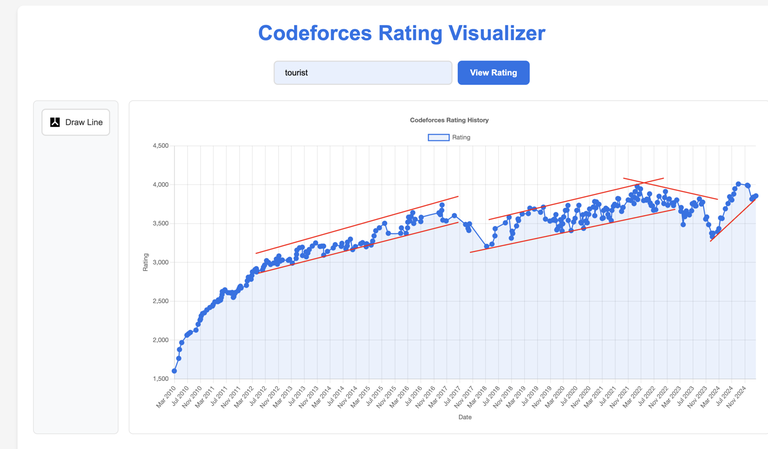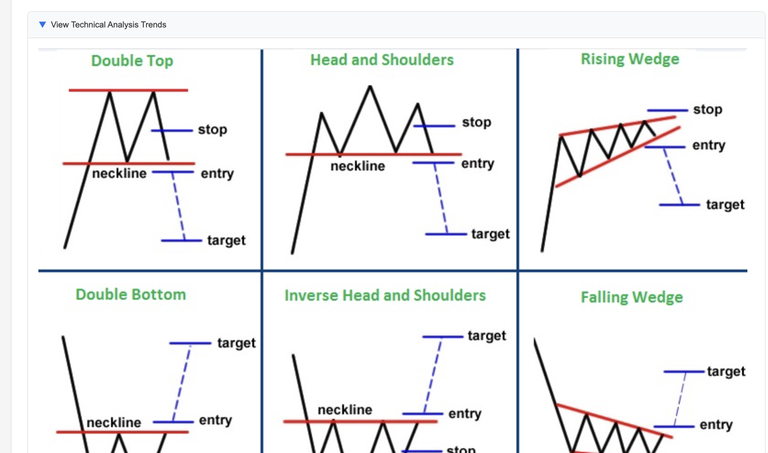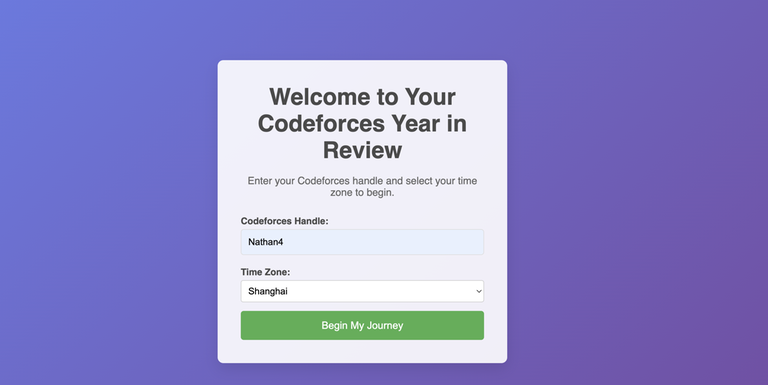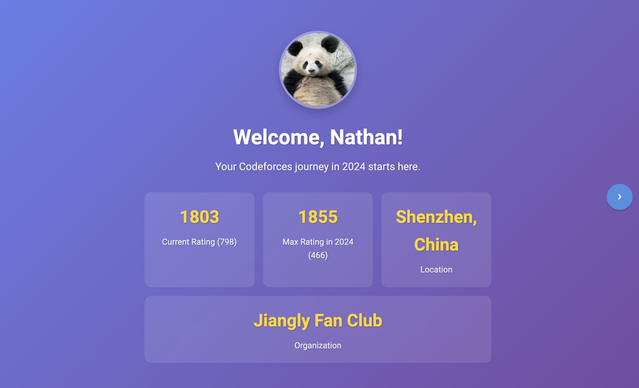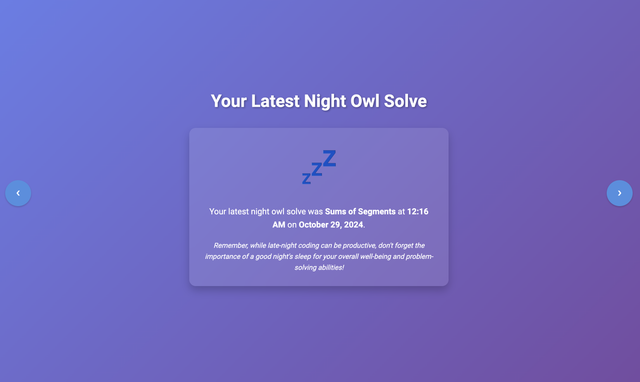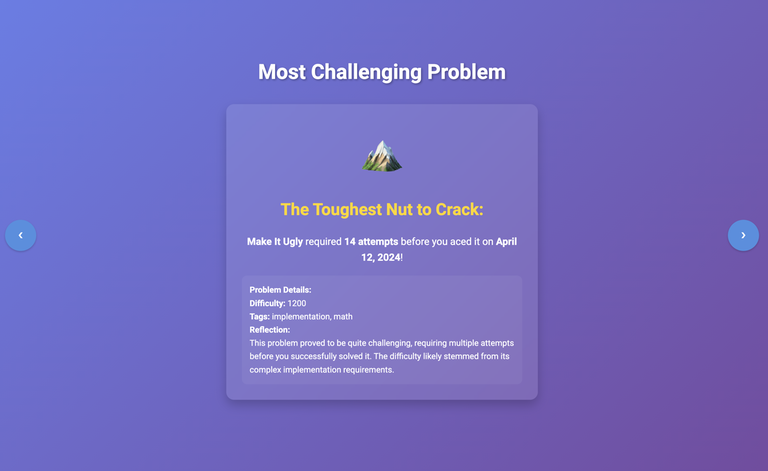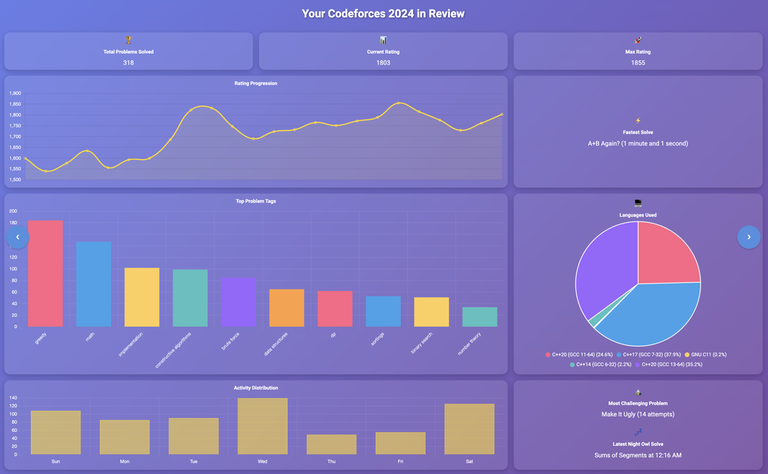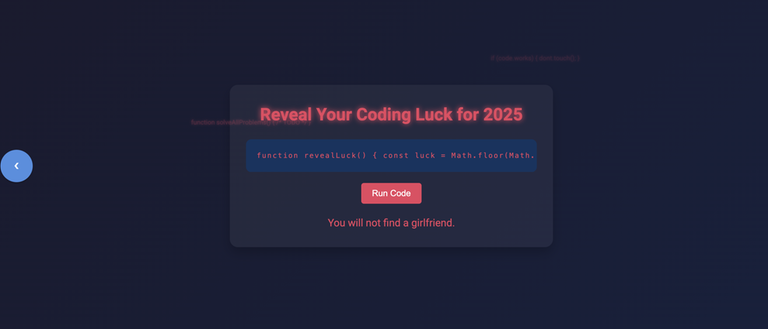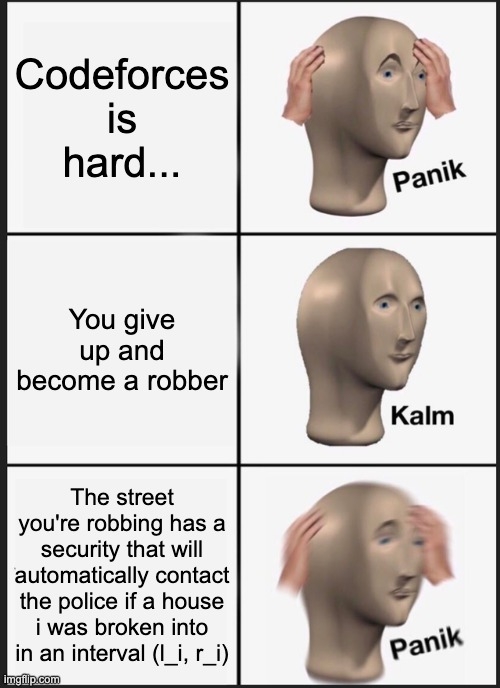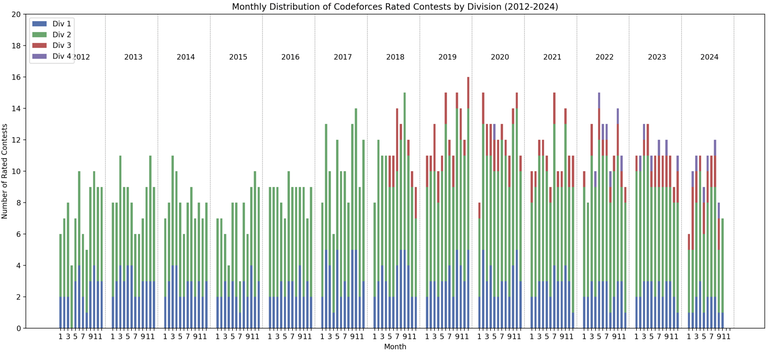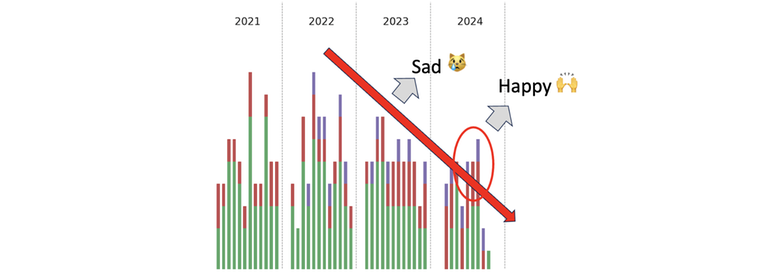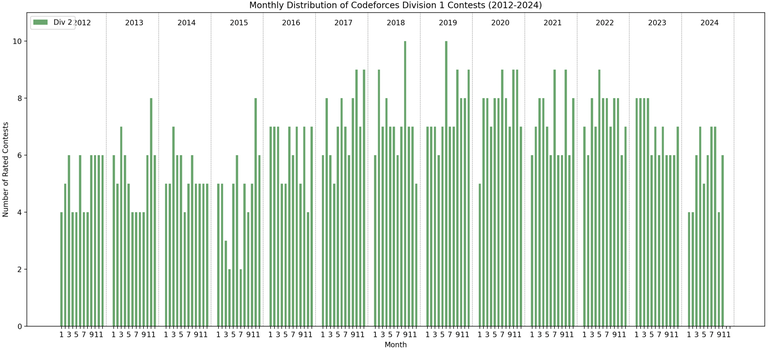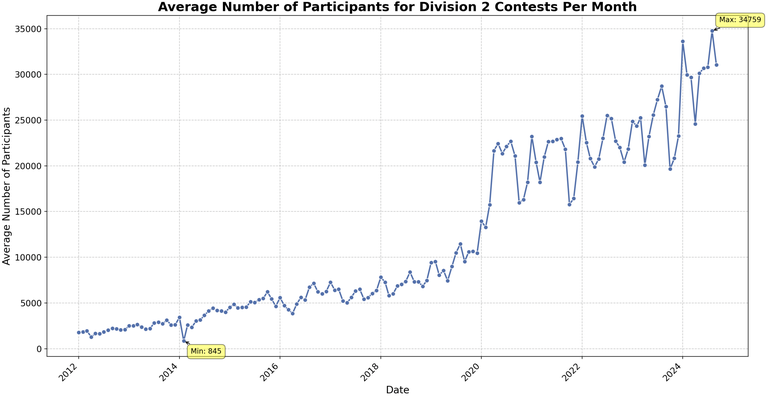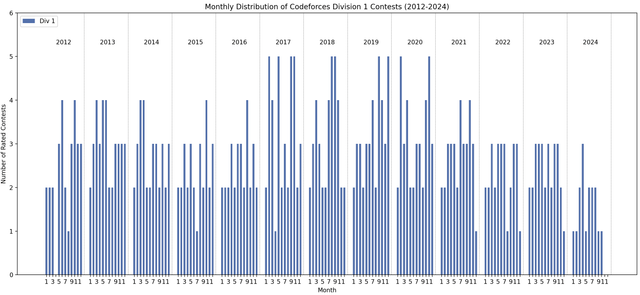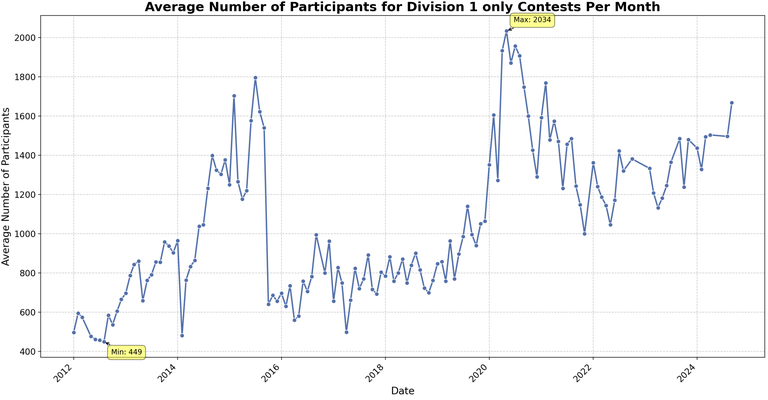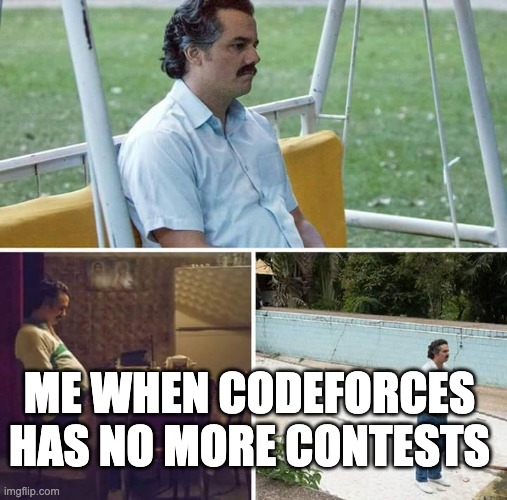UPDATE: Thanks to everyone who enjoyed it! I might not be able to catch-up with your requests, so I made a simple tool that lets you draw your own trend lines! There are also some common patterns attached at the bottom.
What this post is not about:
- New algorithms invented — I'm 10 years away from that.
- Asking for improvement suggestions — I know how to google before asking.
- Proposing new ways of spotting cheaters — I agree that this is not the place for it.
Now if you're still interested in this post, I hope you enjoy the tale!
It was a normal day. As usual, I decided to solve some 800-rated problems to keep my activity streak alive (right?). I opened Codeforces, saw a new contest announcement popping out on the home page, and was about to scroll down and check the score distribution. But then I noticed something unusual:

Prizes? I don't remember seeing titles like this.
I quickly scrolled to the bottom, wondering what the prizes will be. Socks again? One pair per each or one per each?
And then it came up.

"...will receive prizes in USDT cryptocurrency in the..."
This was the first time that I saw the concept of crypto being put into use. All the previous things I've heard about it were ones like "this is dangerous!" or "this is illegal in China!". These sayings made me believe that I should not touch it. (Looking back, there appears to be a huge information gap about crypto).
But Codeforces giving cryptocurrency as prizes? Oh no I have to look into that.
What's the first thing I did?
Different definitions showed up, so did the classical "google feature".
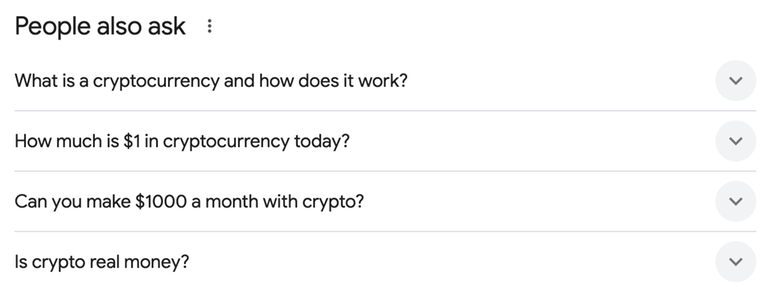
And obviously, you know which one I expanded:

Yes, the source was from an extremely untrustworthy site. Yes, it was a comment from four years ago. But I did not think about these potential errors when there's literally a line saying that you can make 10% profit monthly from crypto. 10% profit a month, when compounded into 12 months, means that you're tripling the money (to be exact, 1.1^12 = 3.14)!
Now I'm going to skip the "do your own research" part. But putting it briefly, I discovered that the mechanism behind crypto trading is similar to trading stocks (I am not suggesting you to trade cryptos, absolutely NOT). There are usually three ways of trading: fundamental analysis where you evaluate their values, building trading bots where you set up quant models and let the bot trade for you, and technical analysis where you simply look at the trends.
The last one sounds familiar — I have for so many times stared at my Codeforces rating trend and tried to predict its directions, how hard can cryptos be!
So I began learning about the basics of technical analysis, and one fundamental thing I learned is that there are different trend lines:
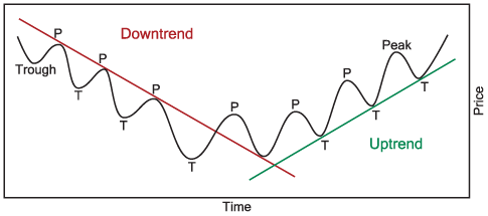
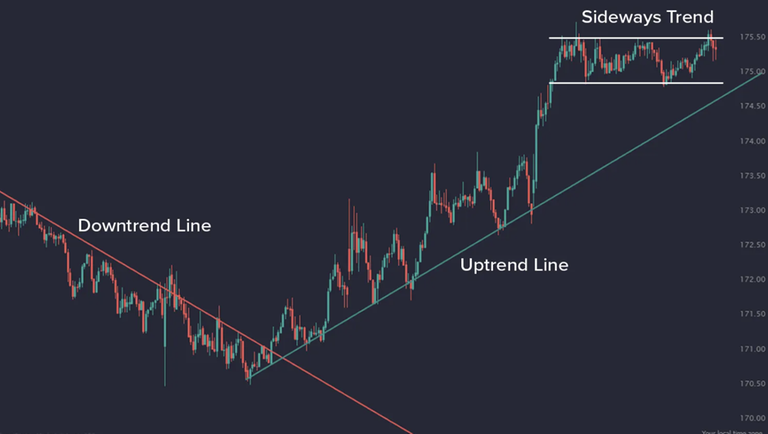
Usually, this means that if you observe an existing trend line going on, then when the price falls onto the line next time, it is likely going to follow the trend (this is not real — don't believe it!).
I was extremely overconfident back then, so I quickly created a trading account and tried out more advanced technical analysis trading strategies. Did I make a profit or lost? That's irrelevant to this post, let's move on...
After learning and using technical analysis for a while, trend lines pop into my head every time I see a time-based graph.
That applies for Codeforces too. Now when I go to Tourist's profile, here's what I see:
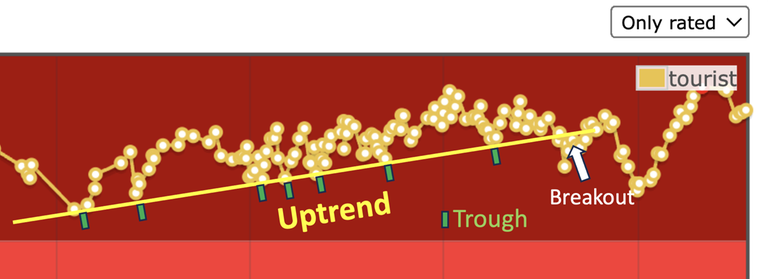
And here's what I see from Jiangly's profile:

And just like that, I encourage you to also predict your future rating.
Is this prediction method reliable? Absolutely not. But my intention of sharing this tale is not about promoting technical analysis on your rating trend. I think a really enjoyable aspect from Codeforces's forum is that people share fun stuffs. Any fun stuffs. And I hope that you enjoyed reading this blog!
If there really need to be one takeaway, then it's gonna be this: even the top 2 coders on this platform have their troughs (or else there will be no uptrend), but in the end, the slope of the line is positive (even tibinyte2006's trend line is going up)! The broader gain is what really matters.
Ending notes:
- Please don't be like me and trust random sources! Survivorship bias happens everywhere, especially in crypto tradings.
- Feel free to apply technical analysis to your rating graphs and share the results! If you want me to help you analyze them, just ask (.) in the comments and I can draw a figure for you (will try to fit some trend line models to your graph).
- It's good to be back after two months :)
- UPD: Just found out that there's a similar one four years ago.
- If you liked this blog, feel free to check out https://nathanchen.me/ and add me on Discord.



